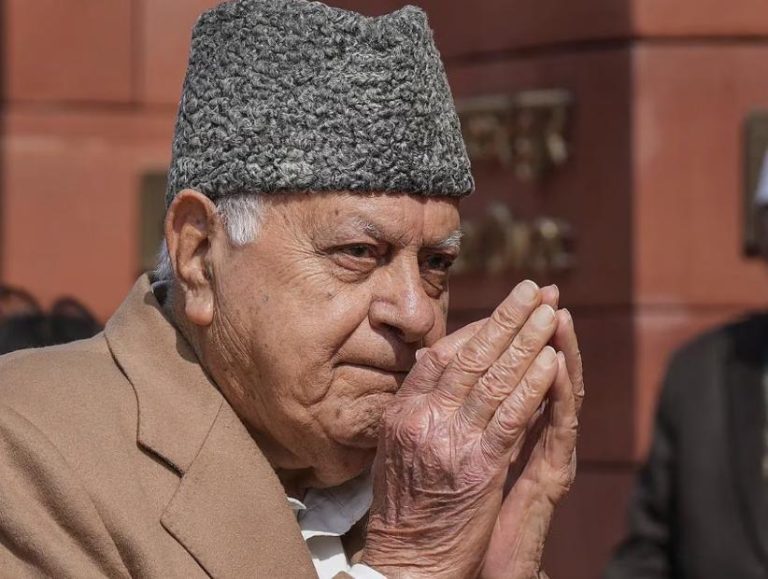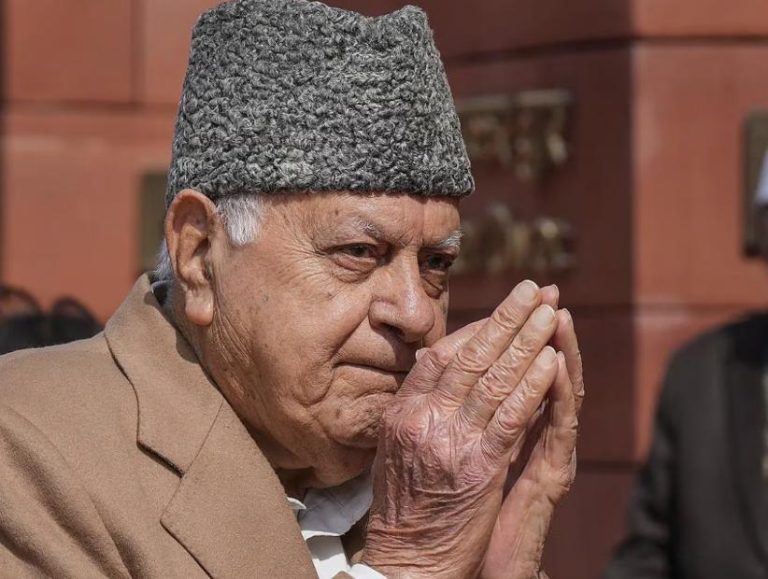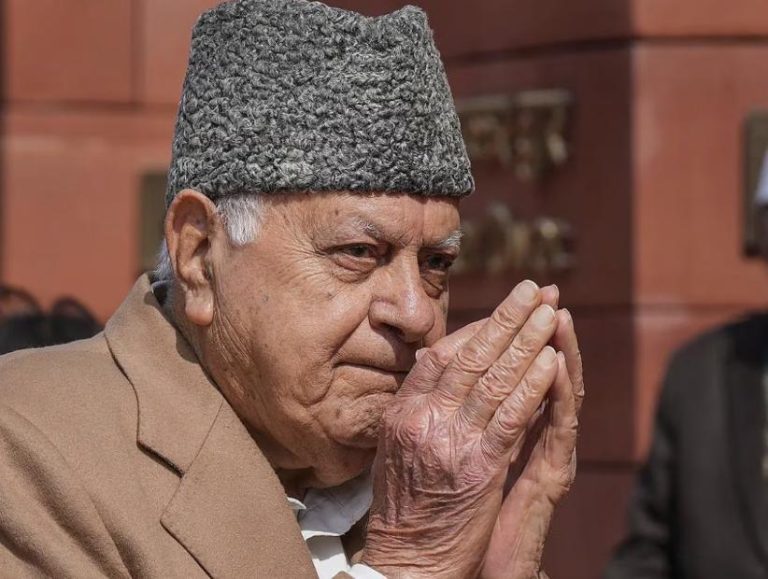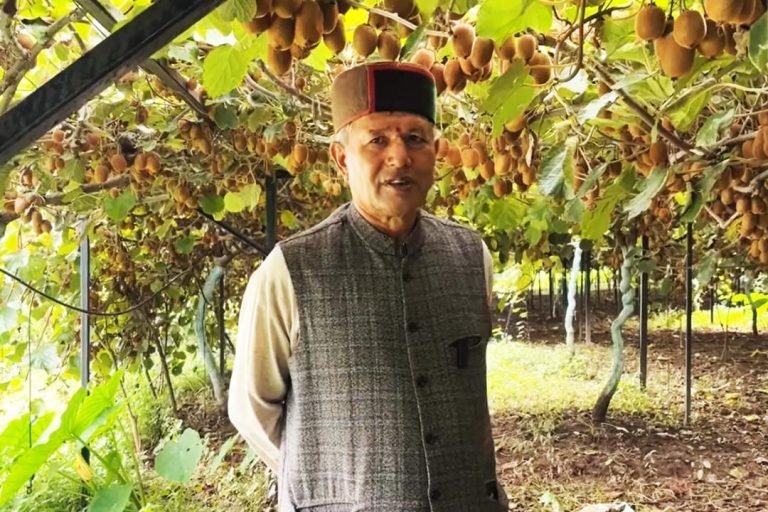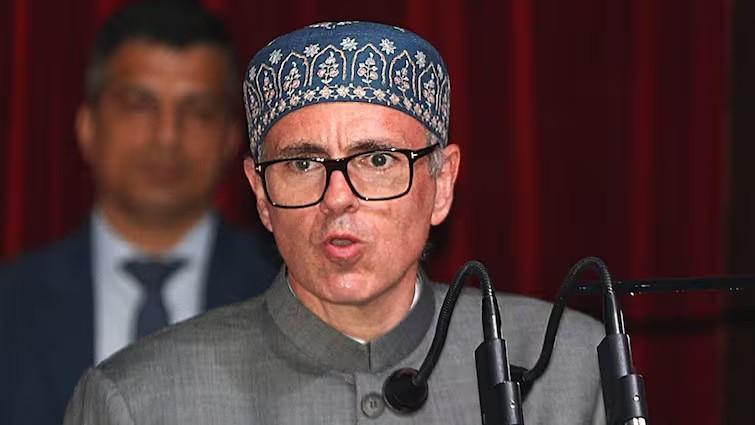
Normalcy in J&K post Art 370 abrogation is forced, not organic: CM
The abrogation of Article 370 from Jammu and Kashmir (J&K) in August 2019 has been a highly debated topic, with the Centre claiming that the move has brought normalcy to the region. However, J&K Chief Minister Omar Abdullah has recently disagreed with this notion, stating that the normalcy in the region is “forced” and not organic.
In an interview, Abdullah said, “If what is happening in J&K is organic, then nothing like it. If it is driven out of fear, then there’s a problem.” He also added, “But I’ll hazard that people don’t believe it is organic.” These comments have sparked a fresh wave of debate about the impact of Article 370’s abrogation on the region.
For those who may not be familiar, Article 370 was a constitutional provision that granted special status to J&K, allowing it to have its own constitution, flag, and autonomy. The Centre’s decision to abrogate this article was met with widespread protests and violence in the region, leading to a complete communication blackout and a massive deployment of security forces.
Since then, the Centre has claimed that the situation in J&K has returned to normal, with people going about their daily lives without any major incidents of violence. However, Abdullah’s comments suggest that this normalcy may be superficial, and that the people of J&K are living in fear of the authorities.
There are several reasons why Abdullah’s claims may be accurate. For one, the Centre’s decision to abrogate Article 370 was met with widespread criticism and resentment from the people of J&K, who felt that their autonomy and identity were being eroded. The subsequent crackdown on dissent and the arrest of political leaders and activists has only added to the sense of fear and uncertainty in the region.
Moreover, the Centre’s move has also led to a significant erosion of trust between the government and the people of J&K. The people of the region feel that their voices are not being heard, and that their concerns are being ignored by the Centre. This lack of trust has led to widespread protests and demonstrations, which in turn have been met with harsh crackdowns from the authorities.
Another reason why Abdullah’s claims may be accurate is that the Centre’s decision to abrogate Article 370 has also led to a significant economic crisis in the region. The tourism industry, which was once the backbone of J&K’s economy, has been severely impacted by the Centre’s decision, with many hotels and resorts remaining shut due to lack of business.
The agriculture sector has also been severely impacted, with many farmers struggling to sell their produce due to the lack of market access. The Centre’s decision has also led to a brain drain in the region, with many young and talented individuals leaving J&K to pursue their careers elsewhere.
In conclusion, while the Centre may claim that normalcy has returned to J&K post the abrogation of Article 370, the reality on the ground tells a different story. The people of J&K are living in fear of the authorities, and the economic situation in the region is dire. It is high time for the Centre to take a relook at its policies and to address the concerns of the people of J&K.
Source:
